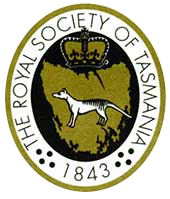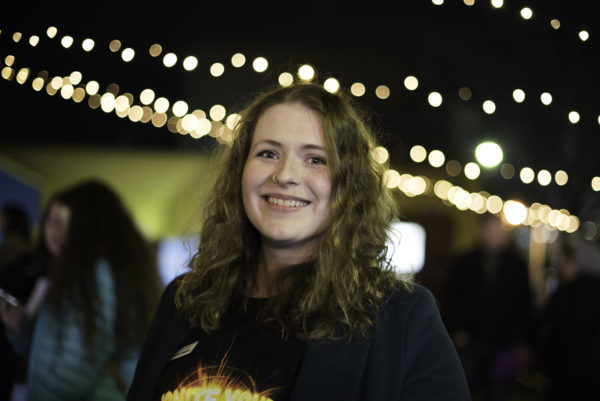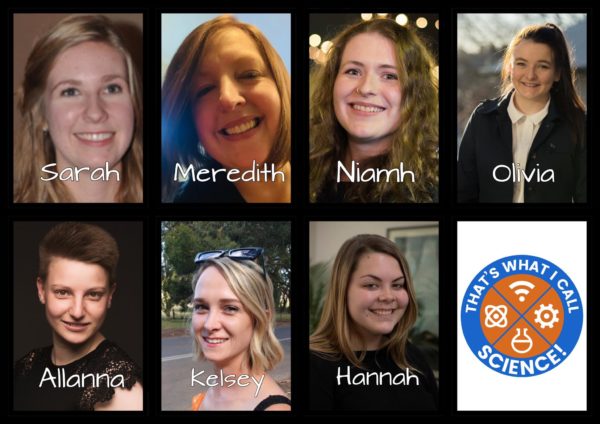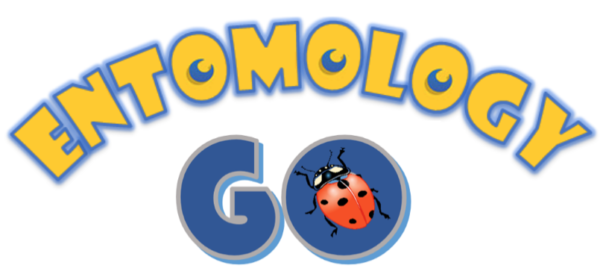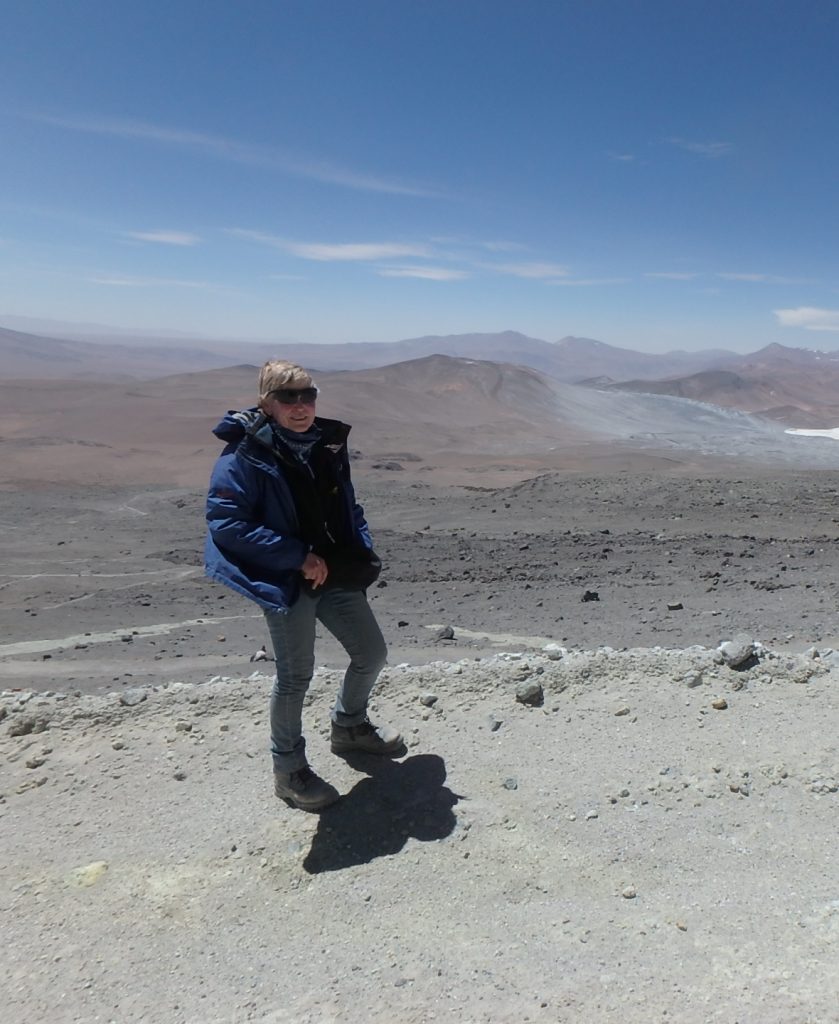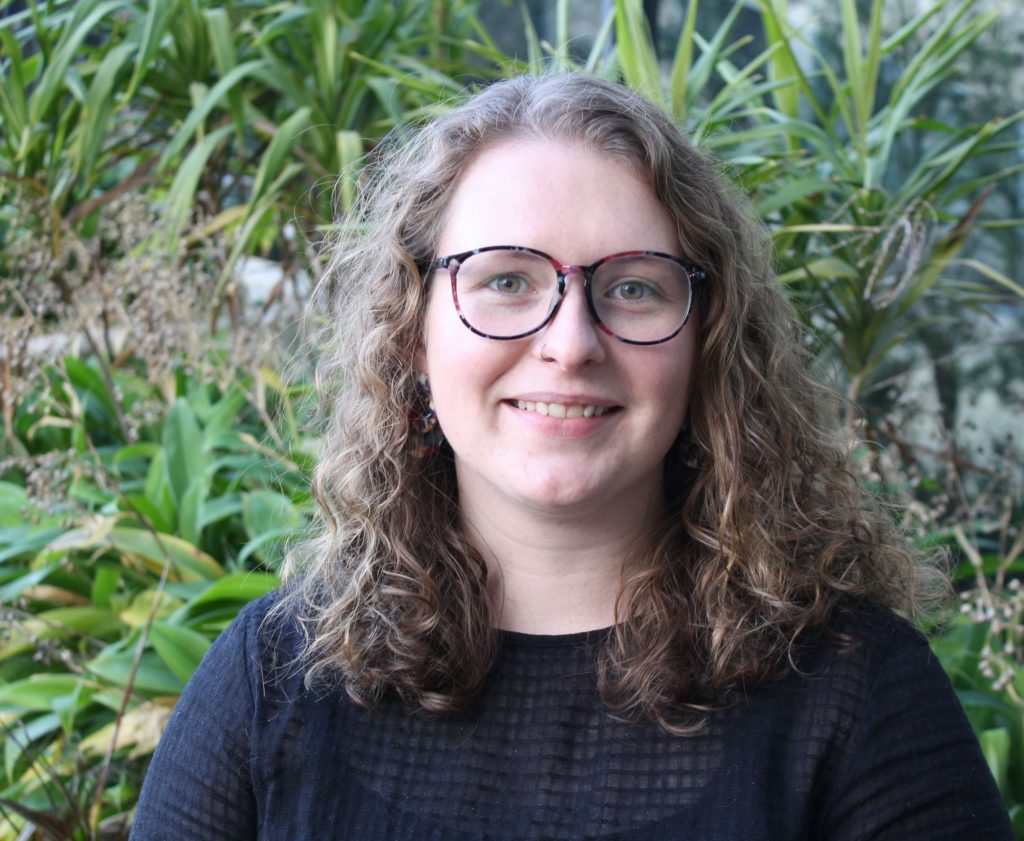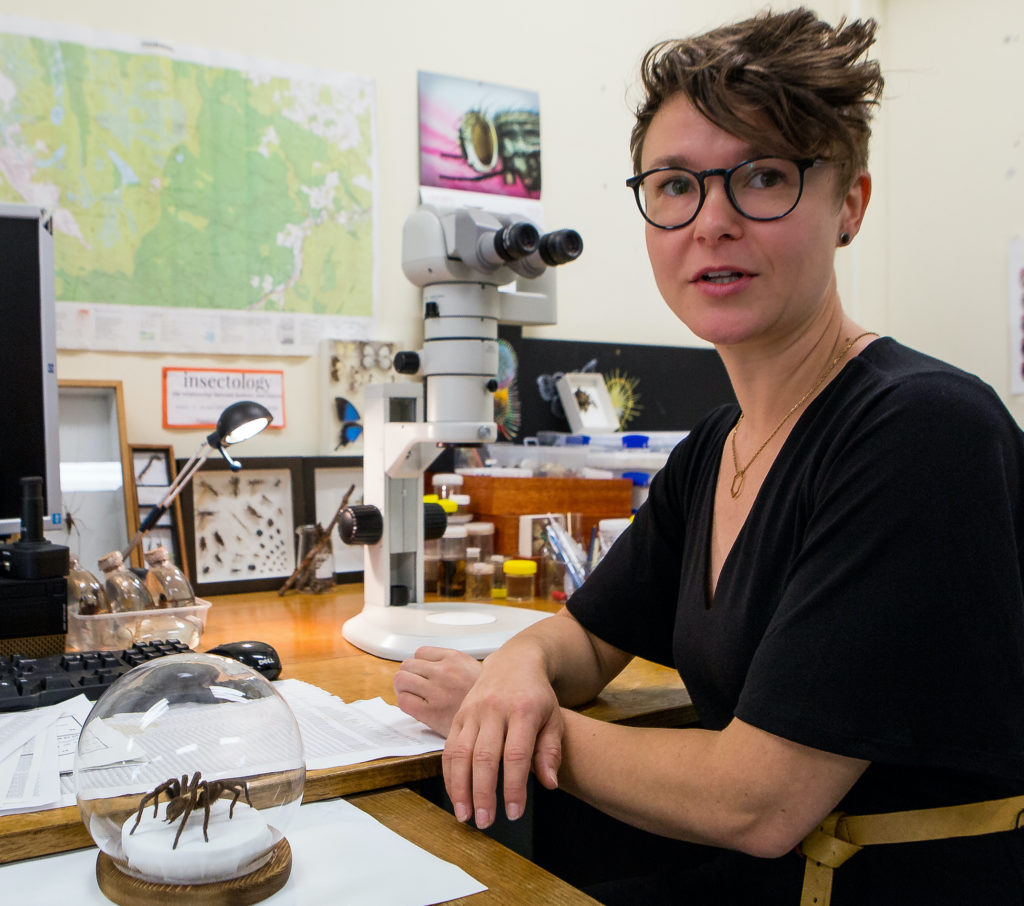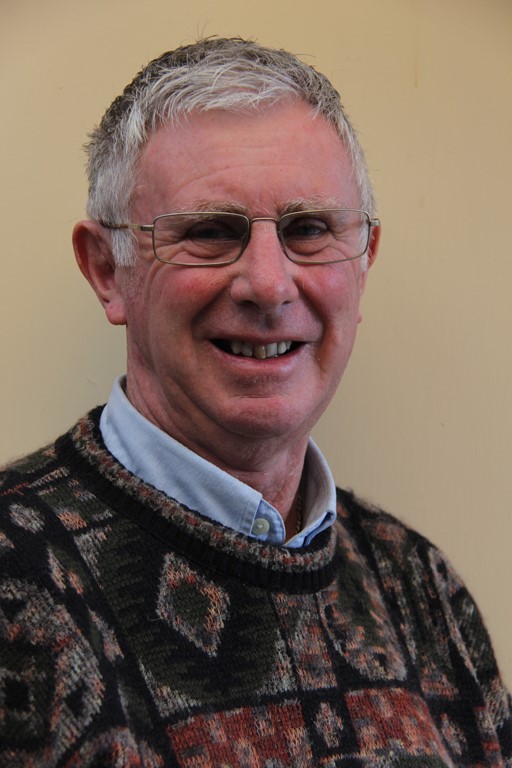By Professor Matt King
Chair, RST Aboriginal Engagement Committee
The RST Aboriginal Engagement Committee (AEC) has continued to assist Council in working toward an apology to Tasmanian Aboriginal people. The wording of the apology has received further attention from Council and it is expected to be finalised in the coming weeks.
We have had positive and constructive discussions with senior staff members of the Tasmanian Museum and Art Gallery (TMAG) regarding their own apology. We are continuing discussions with the plan of offering paired apologies at a shared event. We will inform members further as details are agreed and finalised by TMAG and RST Council.
The AEC has also briefed the incoming members of Council regarding the history of the work of the AEC dating back to 2016 and, especially, the recent proposal that the RST enter into a Reconciliation Action Plan (RAP) or RAP-like arrangement. Council are currently considering this matter.
Finally, Professor Greg Lehman has stepped down from his role as Co-Chair of the AEC while remaining an active member. The AEC thanks Greg very much for his insight and co-leadership of the AEC and looks forward to ongoing partnership with him.
September 2020.
